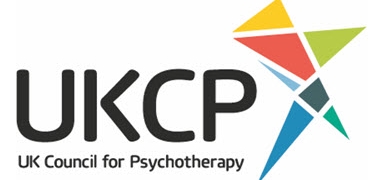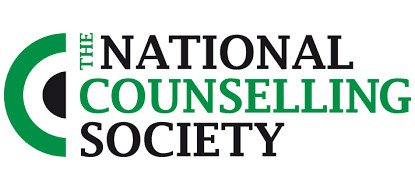Counselling for Hoarding Disorder and Chronic Disorganisation
/Hoarding is estimated to affect between 2-6% of the population meaning that one in every 40 adults suffers with hoarding behaviours. It can be a distressing situation for the people experiencing hoarding behaviour, as well as for their family, friends and neighbours. There can even be safety issues with increased fire risks, tripping hazards and emergency workers being unable to access a property quickly. There is help available but hoarding is a specialist area that needs trained and experienced professionals to support the journey of recovery from hoarding.
Hoarding disorder can create spaces that are challenging to navigate and even dangerous to live within
Counselling support specifically for hoarding behaviours is a unique therapy combining a therapeutic, non-judgmental approach, cognitive behavioural therapy (CBT), mindfulness, motivational techniques, compassionate inquiry and psycho-education, focusing on early attachment styles and automatic negative thought patterns.
Misunderstandings around hoarding
There are many myths and misunderstandings about this complex mental health disorder. Let’s talk about a few common and distressing examples of these misunderstandings.
Removing clutter from the home will remove the issue of hoarding
Research has suggested that 100% of the time, people relapsed after they were forced to have a clear out. It was also found that they then became distrustful of future support. The forced clear out made them distressed and angry.
That people with hoarding issues are lazy and dirty
Hoarding behaviours are not a lifestyle choice. Hoarding has been officially recognised as a diagnosable mental health condition in the DSM-V since May 2013.
That hoarding is incorrectly associated with poverty and the elderly
Hoarding behaviours are more likely to occur in people who live alone, are unmarried, have grown up in a hoarded home, suffered adverse childhood experiences, bereavement, unemployment and ill health. No one’s status is immune to HD and CD.
That hoarding is a subtype of OCD
What distinguishes Hoarding Disorder from OCD is the “emotional reason”. People with hoarding disorder find value in keeping items and an attachment to the objects. It is comforting. As opposed to the intrusive thoughts that people with OCD have, which is something bad will happen to me, if I part with this item.
That hoarding behaviours are not harmful and there is nothing we can do about it
Extreme clutter and hoarded items pose fire risks, slip/trip hazards, infestations and structural damage, along with significant health issues, self-neglecting behaviours and injuries. They are a major public health issue. In addition, people often have increased anxiety, depression, addictive tendencies, chronic disorganisation and neurodiverse conditions.
One of the most important aspects of supporting people with HD and chronic disorganisation is the awareness that cleaning up the “mess” without addressing the root cause of the problem, leads to a relapse in hoarding behaviours and may cause a triggering of past trauma.
What looks like mess is, to a hoarder, more than acceptable. In fact, it may represent a methodology or system of maintaining control, stability, or resistance against a prior trauma.
How counselling can help with hoarding
Hoarding counselling is aimed at educating people to assess their own safety and risks within the home and identify the areas of the home which facilitate wellbeing. Often people aren’t able to sleep in their beds, due to avalanches of clutter. Sometimes the bath is inaccessible. Cooking appliances can be deemed unusable and clear pathways and exits are blocked in the event of an emergency. Hospital professionals report that one of the biggest issues of bed blocking, is due to patients being unable to return to safe properties due to hoarding behaviours.
Nearly all people who live with HD and CD suffer with immense shame, guilt and withdraw from socialising, sadly, increasing isolation and loneliness. Feeling overwhelmed is a very fearful emotion and may lead to procrastination and a lack of motivation.
With the careful use of questions and motivation techniques, it is possible to take steps in the direction of change. Some possible alternative thoughts to contemplate when trying to make decisions and take action with HD and CD are:
Am I basing theses thought on facts, or on feelings?
Could my thoughts be an exaggeration of what’s true?
Is my thought a likely scenario, or is it the worst case scenario?
Could I be misinterpreting the evidence? Am I making any assumptions?
Did someone pass this thought / belief to me? if so, are they a reliable source?
Coming to hoarding counselling is a cathartic process, equipping you with the tools and cognitive restructuring to take the first positive steps. Accountability is fundamental, along with unconditional positive regard. People who have hoarding behaviours are not peculiar individuals who have committed a crime.
There are multiple reasons why people accumulate objects to extreme proportions. Hoarding counselling is a therapy to raise awareness and improve the safety of their homes as well as a person’s mental and physical health. There is hope with hoarding conditions. The first step is reaching out to an experienced professional who can work with you with compassion, kindness and specialist knowledge.
For more on hoarding disorder, and to enquire about counselling for the condition, contact Palmeira Practice counsellor Julieanne Steel.






